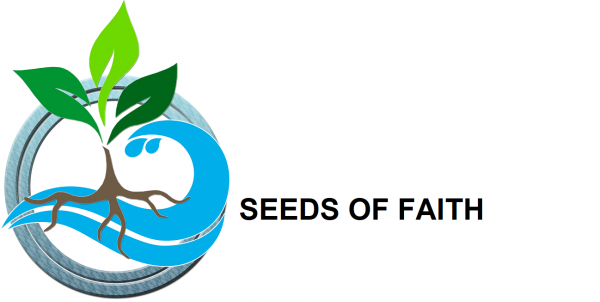Rosh Hashanah or the Jewish New Year for this year 2022 is on September 25 to 27. The Talmud, a compilation of Jewish teachings, says that the world was created on the first day of Tishrei, the seventh month of the Hebrew calendar.
In the Bible, God has a specific instruction on this day. It can be found in Leviticus 23:24: “Say to the Israelites: ‘On the first day of the seventh month you are to have a day of complete rest, a sacred assembly commemorated with trumpet blasts.'”
What lessons can we learn from this celebration of the new year?
First, it is always good to reflect.
The two-day festival, in which in Hebrew means as “head of the year”, is seen as a time to think back and make amends in light of the upcoming year.
Are we spending time to reflect or are distracted by so many things? God said that we should set aside a time to just reflect and think back. What have we done? Where is God leading us?
Second, it is always good to ask for forgiveness.
Rosh Hashanah traditionally encourages people to reflect on how they may have failed or fallen short in the previous year — and how to improve and grow in the coming year.
The blowing of the Shofar, a ram’s horn, is one of the most recognizable aspects of Rosh Hashanah. During the festival, the horn is blown to signal a call to repentance.
In Mark 11:25, Jesus Christ teaches us to release forgiveness, and also to ask for forgiveness. Our life here on earth is short. Let us not treasure bitterness but let us forgive one another.
Third, it is always good to commit to do better.
One of Rosh Hashanah’s most well-known customs is the taschlich. The Jews would toss bits of bread into a body of flowing water to symbolically portray the washing away of their sins.
Paul reminds us that in our baptism we died with Christ, buried with Christ and resurrected with Christ. And since we are now new creatures, we need to commit and recommit ourselves to do the will of God.
May God bless us all!
Sincerely,
Rev. Francis Neil G. Jalando-on
Director, Office of Communications
